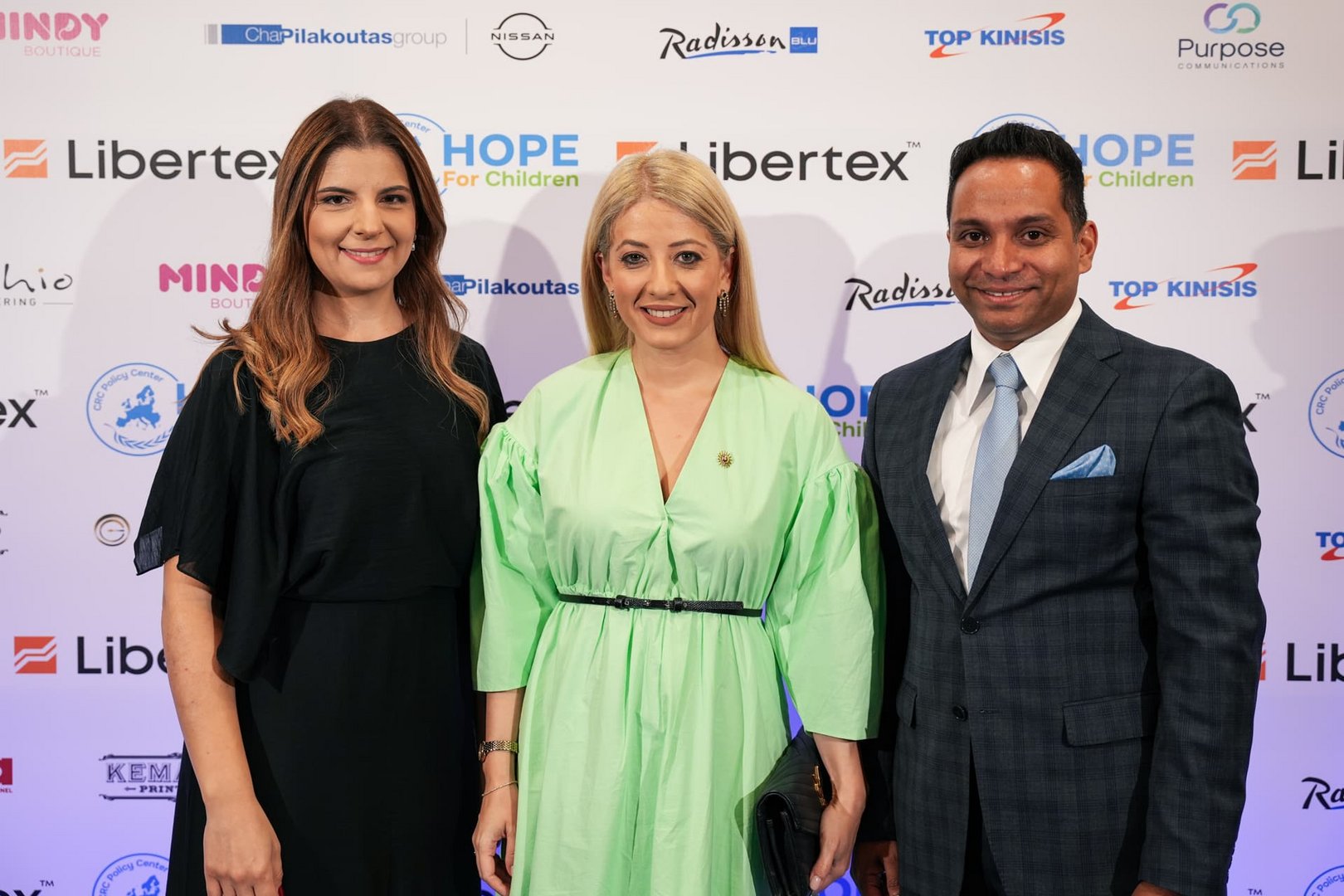Hope for Children group doing a sterling job of supporting abused minors
Cyprus, where at least one in four children is believed to have been sexually abused, needs to invest more in effective prevention and treatment, founder and director-general of Hope For Children CRC Policy Centre Joseph Borghese has told the Cyprus Mail.
Every EU member state has indicated a radical increase of child abuse and neglect, and Cyprus is no exception.
“We have witnessed the growing number of children who experience all types of abuse such as sexual and physical abuse, neglect, lack of access to mental health services, displacement and much more during 2022,” the founder of Hope for Children (HFC) said.
When it comes to sexual abuse, the reality is that one in five children in Europe are victims of some form of sexual abuse. In Cyprus, this rate is slightly higher as a survey conducted by the University of Cyprus showed that one in four children are affected.
However, these are the children that break their silence and ask for help, Borghese said, while many more children are suffering in silence.
To support those underage victims, the cabinet approved the expansion of the Children’s House last year, one of the most significant programmes of the policy centre. This multidisciplinary and interagency model for sexually abused children provides under the same roof social support and rehabilitation, forensic interview, medical examinations, psychological evaluation and support as well as therapy services.
So far, more than 1,565 children have been hosted there since its operation in 2017, according to the data maintained by HFC. In 2022 alone, 439 children were referred for the investigation of reports of sexual abuse.
“HFC is constantly working on education and awareness activities to provide children and adults with the knowledge to respond to this phenomenon and report any suspicion,” said Borghese, who received the Cyprus Young Entrepreneur Award in 2019.
Children’s House is operating with the direct involvement of the Social Welfare Services, the police and the education and health ministries. The programme is managed by HFC and funded and supervised by Social Welfare Services.
“Through the collaboration established with state authorities, we have seen progress in the way child abuse and neglect is treated,” he said. HFC employs 110 full-time staff members and operates in Nicosia, Limassol, Larnaca and Paphos.
But many more steps need to be taken to ensure that young victims of any kind of violence receive the same quality services in a multi-disciplinary and child-friendly environment.
“Cyprus needs to invest more on prevention and awareness initiatives. At the same time, what we need to strengthen more is the responsibility of society and the state to respond to matters of child abuse more effectively and to work proactively,” the director said.
Apart from the Children’s House, this year Hope For Children continue to successfully operate all the humanitarian programmes such as the children’s shelters for unaccompanied migrant children, the Foster Families Programme, the Counselling Centre for Children, child helplines operations as well as many other programmes aiming to improve the life of the children in need.
“The programmes have a tremendous positive impact on the life of the children benefited by HFC, as well as on the life of their family members,” Borghese said.
Homes for Hope, the shelters for unaccompanied children under the legal guardianship of the director of the Social Welfare Services, located in Nicosia and Larnaca, have been key in dealing with the growing refugee flows in recent years.
The shelters, designed to provide accommodation to approximately 75 children, are operating at full capacity, according to HFC.
The HFC director said the policy centre is also operating the semi-independent living programme. Currently, approximately 35 children aged 16 and above have the opportunity to experience semi-independent living which helps them acquire the skills needed to make a successful transition to adulthood.
“Among the activities and classes offered in the shelters are English and Greek language, music, sports, and art,” the HRC founder said, adding that they are not involved in the age assessment process of unaccompanied minors.
Meanwhile, Hope For Children together with Cyprus for Ukraine (CY4UA) network is continuing to support Ukrainian children and their families.
The services provided include psychological, social and legal support such as individual needs assessment, support to secure accommodation and facilitation to access health and government services among others.
So far, more than 700 people stranded in Cyprus because of the war received support. Up until today, over 240 children and 470 adults have been receiving support from HFC.
To empower the presence of the organisation, Hope for Children CRC Policy Centre recently established a USA office with a mission to expand research, communication and fundraising initiatives beyond European borders.
“Being able to sustain the operation of the non-funded programmes is a constant struggle,” Borghese said, saying that HFC works closely with organisations interested in promoting children’s rights worldwide.
A part of the humanitarian programme of Hope For Children, CRC Policy Centre is co-funded by the Republic of Cyprus and the European Commission, while many programmes are operating through private funds and fundraising activities.
For more information about the Hope For Children Policy Centre visit https://uncrcpc.org.cy/







Click here to change your cookie preferences